Every four years, the world narrows its focus for a few weeks to participate, however possible, in the Summer Olympic Games. The original Olympics began in Greece sometime around 776 BC. These games mainly consisted of running events but later grew to include throwing events, wrestling, boxing, horse riding, chariot racing, and the pinnacle of the Olympics: the Pentathlon.
The Ancient Pentathlon consisted of five different events completed in a single day. It included long jump, javelin, discus, a short running race, and wrestling. Pentathletes, the athletes who participated in this event, were considered the ultimate athletes.
These original Olympic Games peaked during the 5th and 6th Centuries BC but fizzled out due to the spread of Roman influence. But in 1896, thanks to a French baron named Pierre de Coubertin, the Olympics were reinvented for modern times in Athens, Greece. His inspiring words later became the Olympic Creed.
The most important thing in the Olympic Games is not to win but to take part, just as the most important thing in life is not the triumph but the struggle. The essential thing is not to have conquered but to have fought well.
Pierre de Coubertin
Olympic Spirit for the Classroom
This creed has significant implications for modern-day physical education and physical activity programs. Teaching children the importance of participation and working hard, no matter how they compare to others, is a necessity for inclusive classrooms.
We often talk of “disguising the fitness” in physical education to involve more students and get them to enjoy physical activity. By making fitness fun for children, we hope they will participate more and become more fit. However, there is also great merit in “celebrating the struggle,” in which children are given the knowledge and power of fitness, along with the many paths they can take toward the goal of achieving it.
The benefits of working through challenging circumstances can be seen not just in sports but in all aspects of life. This is what de Coubertin intended. Athletes are successful on and off the playing field because they understand and live by the Olympic Creed.
As a PE or classroom teacher, there are many opportunities to celebrate the Olympics with your students! Here are just a few ideas:
Physical Education
1. Expose students to some of the more obscure Olympic sports. Aside from those needing special venues or equipment or not appropriate for PE (i.e. Equestrian, Sailing, Shooting, Boxing, etc.), find a few unique ones and teach a modified version.
- Want to teach kayaking but don’t have a body of water? Try sitting kids on scooters with modified paddles “paddling” around the gym!
- Introduce students to Track and Field (aka “Athletics”) by teaching Javelin Throw using pool noodles, Discus using flying discs, Shot Put with softballs, and Hurdles using cones with a rope stretched between.
- Introduce students to individual sports like Archery, Badminton, Fencing, Golf, Table Tennis, and Taekwondo.
- Have a team sports unit focusing on modified versions of Handball, Rugby, Field Hockey, and Volleyball.
2. Create your own Pentathlon consisting of five events of your choice. Have students practice and then compete in a one-of-a-kind Pentathlon as a culminating event.
3. Run a Mini-Olympic Games involving the whole school! This can be a multi-disciplinary event that involves students, faculty, staff, families, and the community.
Read More: Hosting a Mini-Olympics at Your School
Classroom
- Watch an Olympic event and report on it as a sports writer or journalist.
- Choose a sport you know little about. Create a history, rules, and etiquette for the sport and write a report. Do no research, as this should be a creative writing assignment.
- Choose an Olympic event and research how that sport or event has changed through history.
- Choose an Olympic athlete and read a book about that athlete.
- Calculate the number of possible gold medals awarded in the 2024 Summer Olympics.
- Calculate which sports have the most athletes. Why? Which have the least? Why?
- How many strokes does it take for a swimmer to go 50 meters in each event: butterfly, backstroke, breaststroke, and freestroke? Which requires the most or the least and why?
- What are the effects on the body of endurance sports like a marathon versus strength and power sports like weightlifting?
- Research the Ancient Olympics and compare them to the Modern Olympics.
- Choose an Olympic country and make their flag using any materials available.
- Make Olympic torches from paper and crepe paper.
- Make an Olympic mascot out of available materials.
Even though many schools will be out for the summer during the Summer Olympics, this is a great opportunity to get students excited for the upcoming games before they leave for break. It also presents an opportunity to give students a challenge over the summer to prevent summer slide.
How will you discuss the Summer Olympics in your classroom? Let us know in the comments!

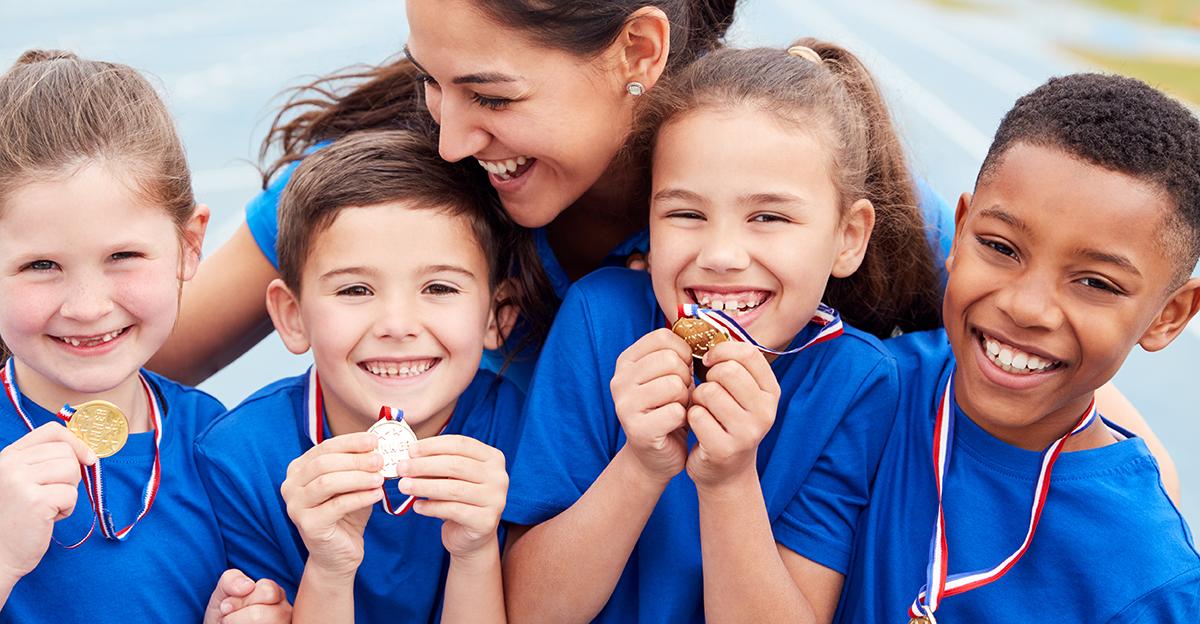
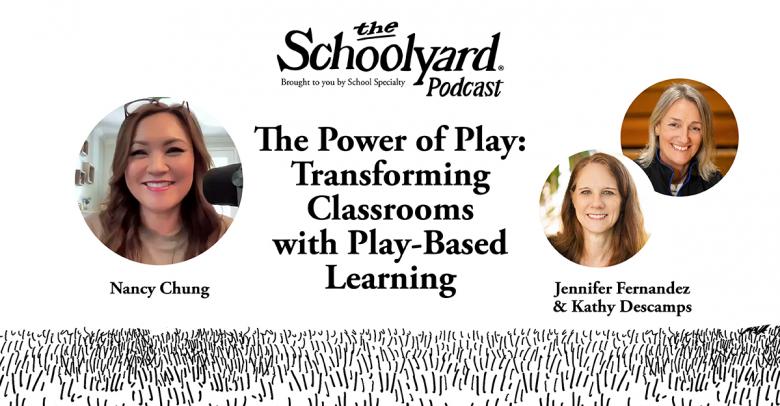
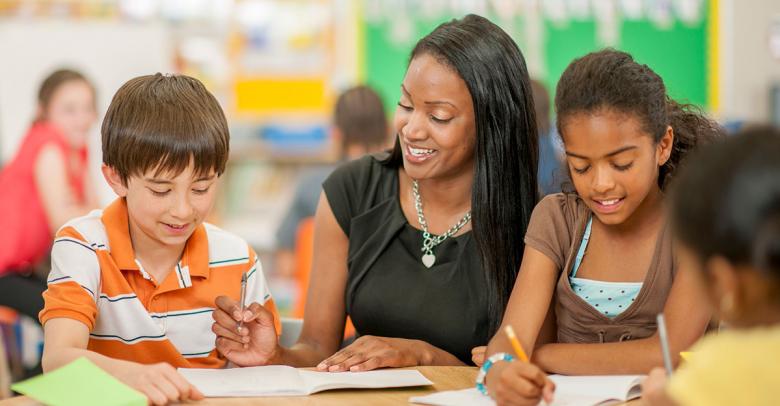
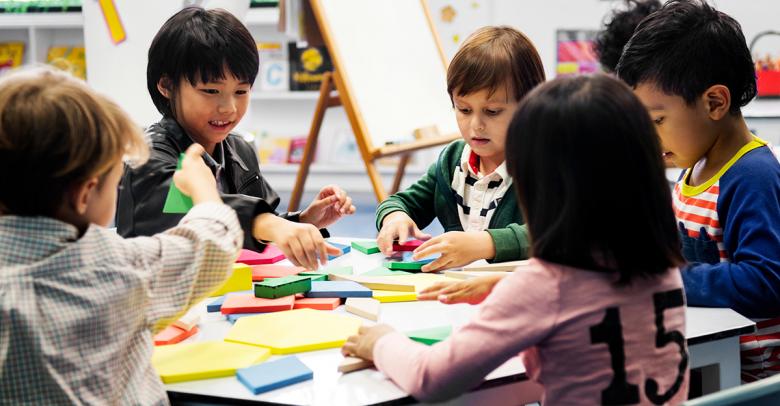
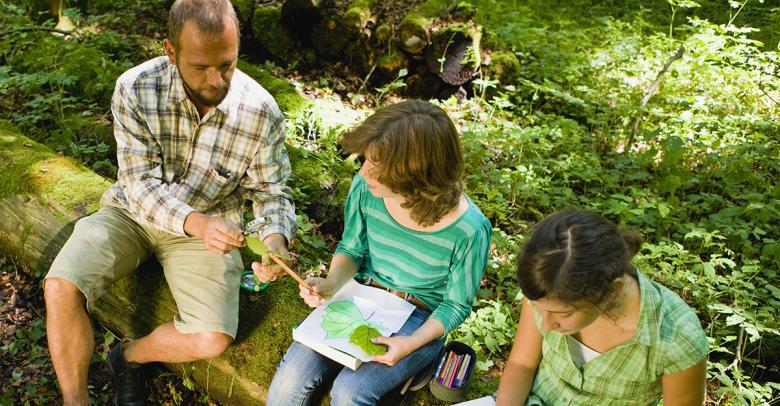
Leave a Reply